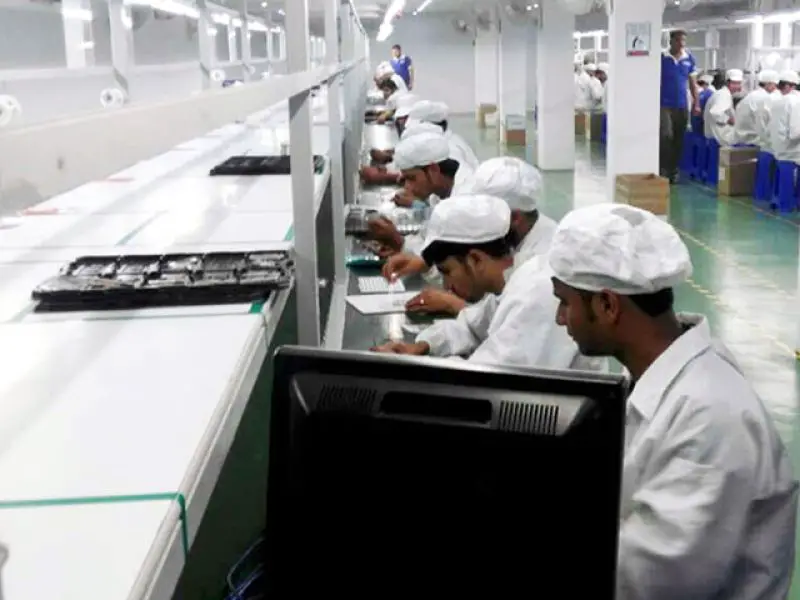The government of Rwanda is set to open a factory to produce smartphones with the aim of enhancing digital services.
Paula Ingabire, the Minister for ICT and Innovation confirmed the reports and said the government is in negotiations with with Mara Corporation, a Pan-African technology company, to establish the plant.
“Smartphones are important ICT tools since there are some digital services that only require smartphones such as access to land services among others. There is also need to ensure affordability of smartphones whose high cost prevents citizens from benefiting from various digital services. . We hope that the plant to locally produce smartphones will boost access,” said Ingabire.
“Once the factory starts producing smartphones, people will be paying in instalments over a period of 24 months. We also have to work with telecommunication companies to seek ways of reducing prices on internet use, which will boost ICT penetration and digital services,” Ingabire added.
Also Read:Plans to construct super-fast submarine cable system in Africa underway
Bridging the digital divide
In order to further bridge the digital divide, the minister noted that Digital Ambassadors have been trained and deployed in all sectors in partnership with DOT Rwanda in order to train the population in digital literacy. The initiative provides skills based on solving community problems and social innovations based on technology mobile phones and computer literacy.
The smartphone factory is part of an investment of Huaijian Group, a Chinese company that signed the partnership deal with Rwanda Development Board in September 2017 to open an industry making shoe, handbags, computers, cell phones, and different other commodities.
The factory’s move to invest $1 billion in 10 years is projected to create jobs for 20,000 Rwandans. The MaraPhone is going to be among the first phone devices to run Android Oreo, an OS optimized for apps like YouTube Go, Facebook Lite and Twitter Lite — that are made for the African market.
